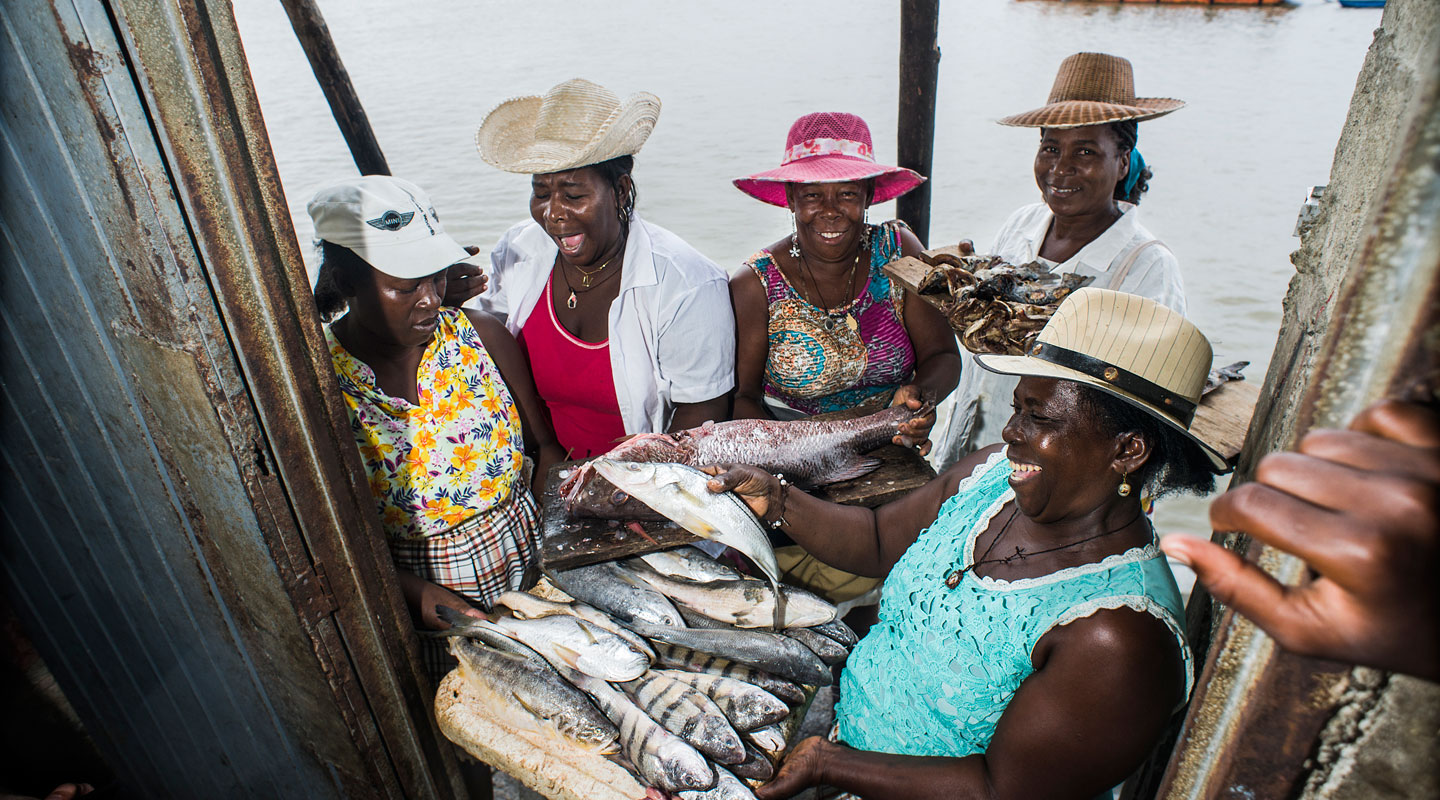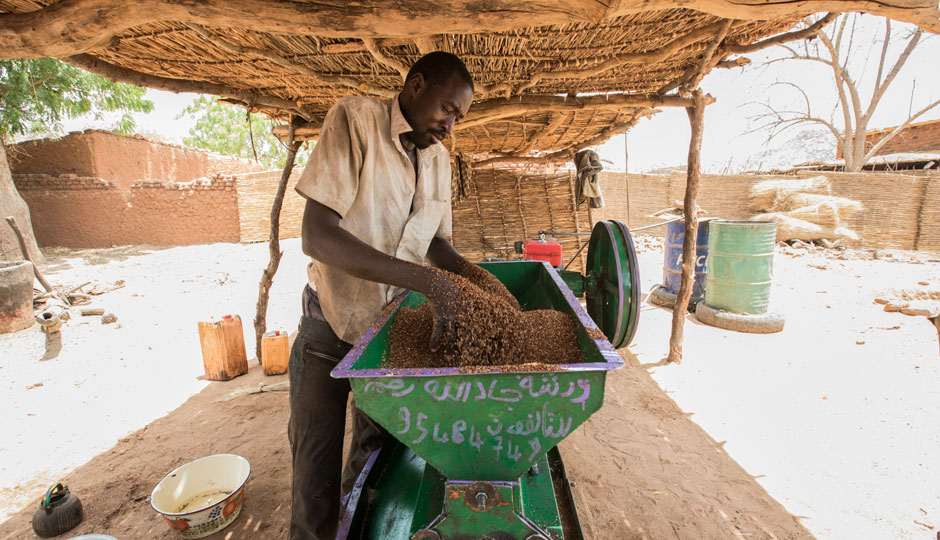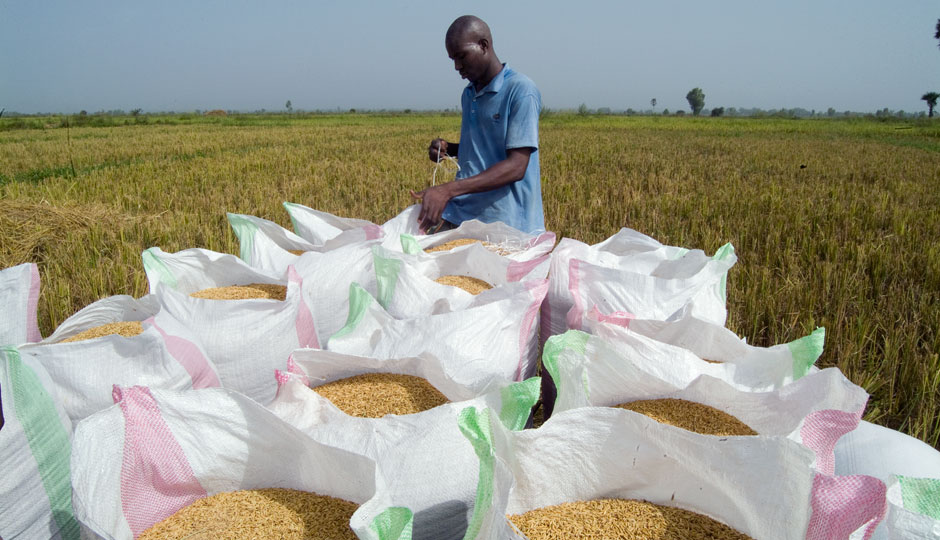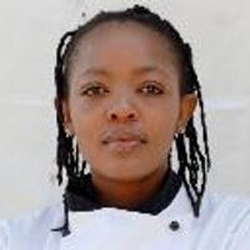IFAD’s new book The People Behind Your Plate
IFAD Asset Request Portlet
Asset Publisher
IFAD’s new book The People Behind Your Plate
Estimated reading time: 2 minutes
Celebrating Lesotho’s culinary traditions is what first brought me to the world stage as a chef. My strong ties to those traditions always bring me back to my beloved home in Thaba-Tseka. As I scroll through the pages of the new photo book The People Behind Your Plate just published by IFAD, I remember my own visits with rural people in remote villages as I travelled around Lesotho to collect recipes for my cooking books. Those recipes captured IFAD’s attention, leading to my involvement as a chef in their “Recipes for Change” initiative.
IFAD is a UN agency that invests in small farmers and other people who grow food for us. As a chef, I am inspired by the access we have in Lesotho to a diversity of local and nutritious ingredients. The daily menu in my restaurant is built around seasonal produce. I love buying directly from small farmers, who often are quite poor, because it helps them build sustainable businesses and enables them to support their families. The beautiful thing about this is that I also develop close relationships with them, seeing where and how the food I will cook has been grown.
 |
| ©IFAD/Barbara Gravelli |
There’s so much that rural people can do to improve their lives if they have the right support. I’ve seen it with my own eyes. One lesson I’ve learned about agricultural development over the years is that vibrant markets provide incentives for farmers to produce more. Access to markets is actually one of the things that IFAD works on, as well as finance, technology and climate change adaptation--a huge issue for small producers here in Lesotho and across Africa.
Droughts have often left crops withering in the fields, reducing harvests and bringing families to the brink of famine. Over the past year, the COVID-19 pandemic has had a devastating impact on our livelihoods in the food industry. I think it has made us more aware of just how interdependent our lives are, from chefs to farmers. But no matter the crisis, diversity in our local food system is what makes us resilient and is what enables us to overcome hardships. If we go back to our culinary roots we find climate-resistant food crops and the many wild-growing indigenous plants that are a nutritious source of food --and often end up in my cooking pot.
 |
| ©Amadou Keita |
Many of my recipes require just two or three ingredients – a reminder that food doesn’t have to be sophisticated to taste good. The simplest foods can be the most flavoursome and nutritious. Sadly, with the arrival of fast food outlets in Lesotho I have seen people increasingly making unhealthy eating choices and becoming obese. Many children are malnourished. I am personally driven by a passion for my country’s locally grown foods and culinary culture. I am doing my part to help people return to, and to hold on to their traditions.
The beautiful pictures and stories in this book will make you think about your own culinary traditions and the people behind your plate. It highlights how the 5Ps--People, Planet, Prosperity, Peace, and Partnerships—are all connected and how IFAD is working around the world to help make rural people’s lives better.
Publication date: 11 February 2021